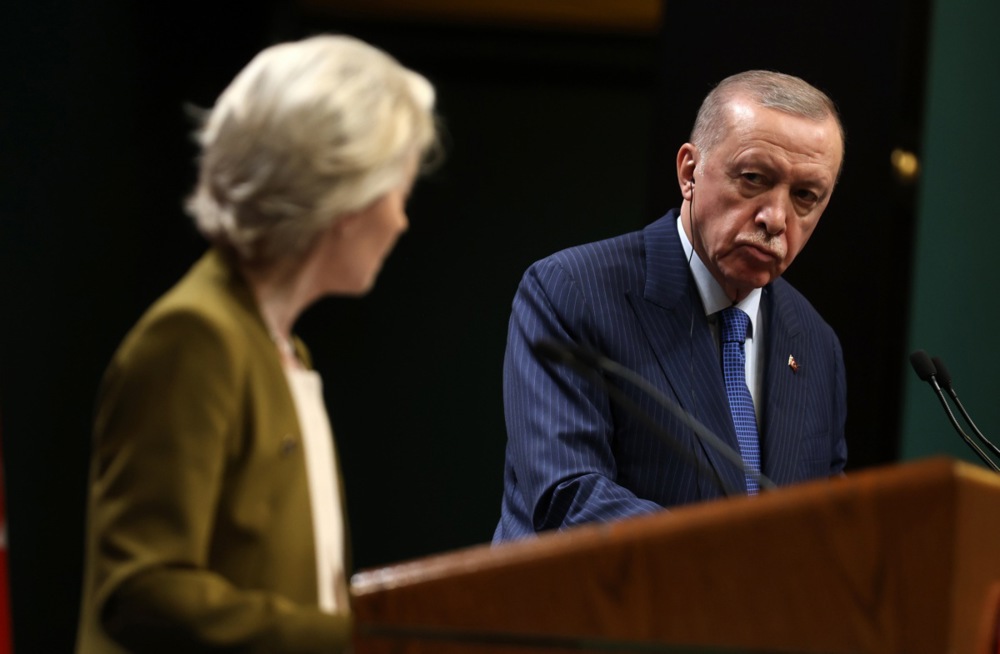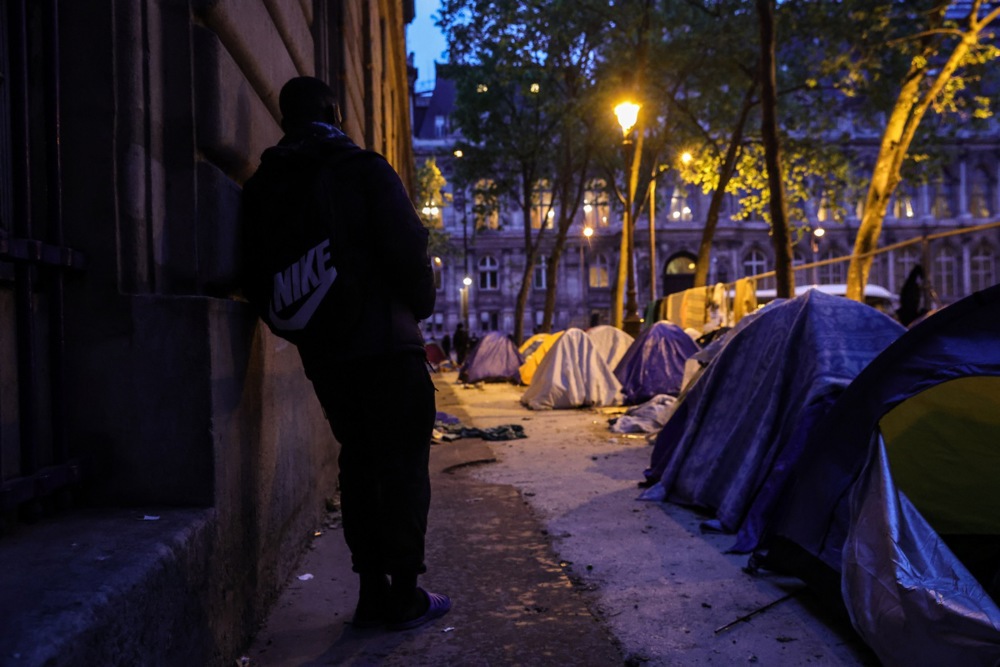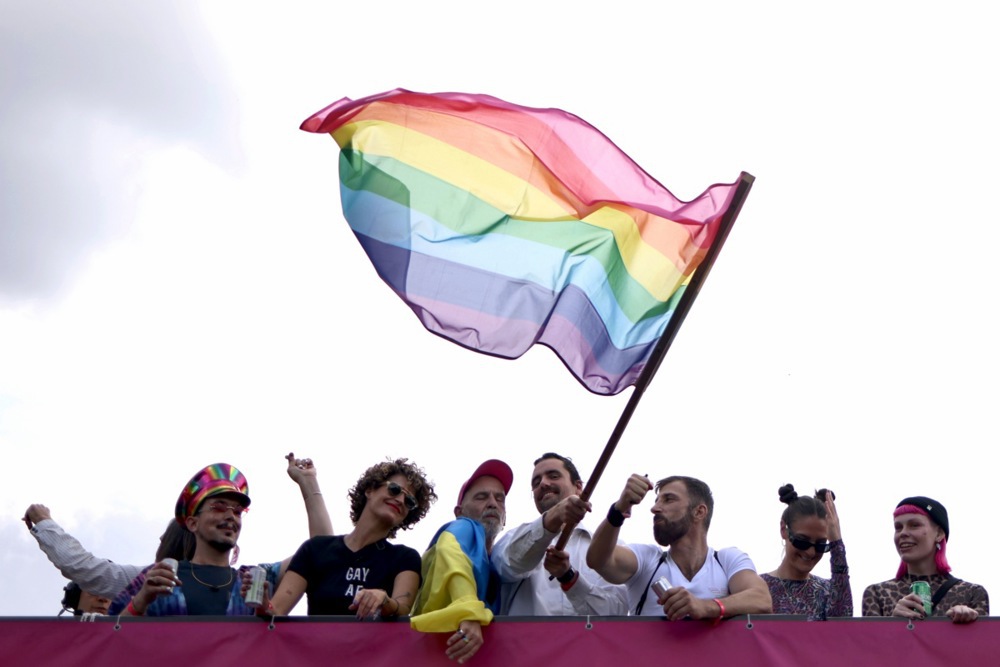With President Trump’s new administration combing through public spending and finding many questionable uses of taxpayers’ money, in particular on payments made by the aid agency USAID, European experts have been digging through spending by Brussels.
That came while a debate was still ongoing on how the European Commission secretly gave money to NGOs to promote its “green agenda”.
On February 6, Sander Smit and Alexander Bernhuber, both MEPs from the European People’s Party (EPP), sent a letter to the commission, demanding full transparency regarding what they called the “lobby scandal with Green NGOs”.
Recent reporting has shown there were allegedly secret contracts between the commission and Green NGOs, where Brussels used money from a billion-euro climate and environmental subsidy fund for its shadow lobbying activities.
The programme is called LIFE, and it is meant to be dedicated to environmental objectives.
According to the MEPs, this raised “concerns about the separation of powers, institutional balance, transparency, potential Treaty violations and the adequacy of internal Codes of Conduct as well as impartiality of staff”.
They also said it “fuelled public distrust in the Commission”.
BBB drukt door! ?? ?
Samen met collega Bernhuber @OEVPinEuropa eis ik volledige opheldering over het #lobbyschandaal groene ngo’s.
Gerichte beïnvloeding van politici druist lijnrecht in tegen de scheiding der machten!
Strenge aanpak @EU_Commission is hard nodig.#BBB pic.twitter.com/ovlEQjTAP6
— Sander Smit (BBB MEP) ن??️ (@sandersmitwzn) February 6, 2025
Independent MEP and social influencer Fidias Panayiotou, explained in a video on X the ongoing Qatargate multi-million euro scandal to his followers, where some Socialist MEPs allegedly accepted cash for influence.
On social media, people were also sharing examples of what they called suspicious financing, in particular regarding payments made by EU organisations to European media operations.
One example was the loan Belgian news organisation DPG Media was said to have received from the European Investment Bank (EIB).
DPG Media is part of a virtual duopoly in Belgium’s Dutch-speaking commercial market and it enjoys free distribution, something many believed went against European regulations.
DPG Media, a private company, it was stated, received a €120 million loan with the EIB over the period 2024-26.
The project was said to finance “investments in Digitalisation and Artificial Intelligence aligning with EU policy objectives (Digital Europe Programme, Europe’s Digital Decade: digital targets for 2030) and strengthening the competitiveness of the sector while contributing to the bank’s policy objective ‘Innovation, Digital and Human Capital’.”
Around €70 million went to Belgium and over €50 million to the Netherlands branch of DPG Media (DPG).
In 2021, the EIB gave a loan of €100 million to DPG for a “Media Digital Transformation” project, which raised questions among observers.
The company had a reported turnover of €1.791 billion and a net profit result of €197 million in 2023.
DPG Media‘s two loans were for developing podcasts, renovating its headquarters and supporting digitalisation. New initiatives have continued the work of previous projects, with a growing focus on artificial intelligence.
A spokesperson for the EIB told Brussels Signal that the EIB operated independently from the European Commission, working directly with member states.
“While the Commission sets certain priorities — such as support for SMEs, innovation, climate, and energy — the final decisions are made by the finance ministers of the member states.”
The spokesperson stressed that the EIB “does not provide free money; it offers loans and guarantees based on demand, aligned with policy objectives”.
However EIB loans are generally cheaper than those from commercial banks, although not always, depending on credit ratings.
“It does not finance industries like tobacco, gambling, or weapons.”
Media-related projects, though, are eligible for funding; a Swedish media company has also benefited from EIB financing.
The bank never finances more than 50 per cent of a project’s cost, the spokesperson said.
Spanish PM Pedro Sánchez will disburse €100 million from European Funds to fight media “disinformation”, he announced this week. https://t.co/Rtwwr91Dir
— Brussels Signal (@brusselssignal) July 18, 2024
Another beneficiary of European grants apparently was the France-based pan-European television news network Euronews.
Between 2014 and 2023, the European Commission spent more than €230 million on Euronews.
This funding was provided through Framework Partnership Agreements (FPAs) and annual grants, which have been awarded without a call for proposal since 2010.
Since 2022, when the channel was sold to Alpac Capital, a Portuguese investment group with alleged ties to Hungary Prime Minister Viktor Orbán, there was a noticeable drop in Commission spending on Euronews.
In the period between 2014 and 2023, the commission made 148 budgetary commitments to the news channel.
This is disclosed on the transparency website of the commission.
The largest sums, up to €9 million per donation, have been financed through “Actions financed under the prerogatives of the Commission and specific competences conferred to the Commission”.
These are a category of European Union funding and actions directly managed by the EC based on its specific powers and responsibilities via EU financial regulations and the treaty on the functioning of the bloc.
The World Wildlife Fund (WWF) also got many millions from the commission, according to its transparency site.
Friends of the Earth received significant funding, much apparently connected to the now controversial LIFE programme, pushing for “climate action”.
The European Public Prosecutor’s Office has seized the assets of Bulgarian civil servants suspected of embezzling funds from the European Union. https://t.co/EWaSXtCz2e
— Brussels Signal (@brusselssignal) August 28, 2024
Climate Action Network appears to have received €35 million between 2014 and 2022.
Another beneficiary of EU grants was the BBC Media Action, a charity under the auspices of the British broadcaster, according to the source.
In 2023, Research & Degrowth International, a “think-and-act-tank” dedicated to the radical transformation of economies and societies through research, advocacy, education, training and events regarding “degrowth”, also received substantial funds from the EC, it was revealed.
The Citizens, Equality, Rights and Values Programme (CERV) was apparently another major beneficiary.
In October 2024, the European Court of Auditors warned that an increasing amount of money from the €240 billion European Union budget was being spent in “irregular ways”.
European Commission President Ursula von der Leyen wants a radical reform of the EU budget to give herself more power and to enforce specific political objectives from Brussels. https://t.co/9n54T7PSMv
— Brussels Signal (@brusselssignal) October 7, 2024





